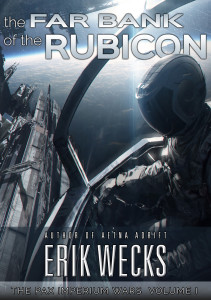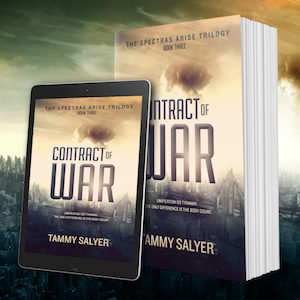Hey Party People! Want a huge collection of amazing Science Fiction ebooks? I've got you covered.
Until Thursday, 9 February, Storybundle is hosting a selection of Science Fiction Adventure novels from some of the greatest SFF indie writers today. Curator, Joseph R. Lallo, has this to say about the collection:
“This is one of the biggest and best bundles we've ever put together. Oasis by New York Times Bestseller Dima Zales will blur the line of utopia and dystopia. The complete Big Sigma Series will take you blazing through the galaxy with a desperate race pilot and a quirky AI. Cyborg Legacy, the latest from the prolific and talented Lindsay Buroker is available for the first time anywhere in this bundle. Tim Ward takes the world of Hugh Howey's Sand in cinematic and thrilling new directions with Scavenger: Evolution. Tammy Salyer assembles a rugged team of space marines in Contract of Defiance and Contract of Betrayal. Geoffrey Morrison returns to his deep-sea world of devastation and decay with Undersea Atrophia, and that still only scratches the surface. We've got brilliant series-starters by Patty Jansen, M. Pax, and Joe Vasicek that are sure to hook you from the first page and never let you go. All told, that's fifteen titles from nine authors in one colossal bundle.
Every title is a cunningly woven tale of sci-fi mastery. We've got aquatic wastelands and complex time loops. There are hard-edge military stories and tales of the struggle to survive. The triumph of the human spirit, the fall of civilizations, and everything in between can all be yours. Just name your own price and dive into the action!”
The initial titles in the Sci-Fi Adventure Bundle (minimum $5 to purchase) are:
Cyborg Legacy by Lindsay Buroker
The Big Sigma Collection Volume 1 by Joseph R. Lallo
Undersea by Geoffrey Morrison
Contract of Defiance: The Spectras Arise Trilogy Book 1 by me
Shifting Reality by Patty Jansen
If you pay more than the bonus price of just $15, you get all five of the regular titles, plus EIGHT more!
Bringing Stella Home by Joe Vasicek
Temporal Contingency by Joseph R. Lallo
Undersea Atrophia by Geoffrey Morrison
Oasis by Dima Zales
Stopover at the Backworlds' Edge by M. Pax
Ambassador 1A: The Sahara Conspiracy by Patty Jansen
Contract of Betrayal: The Spectras Arise Trilogy Book 2 by me again
Scavenger: Evolution by Timothy C. Ward
This bundle is available only for a limited time via http://www.storybundle.com. It allows easy reading on computers, smartphones, and tablets as well as Kindle and other ereaders via file transfer, email, and other methods. You get multiple DRM-free formats (.epub and .mobi) for all books!For $5-$15, you can pick up over a dozen flights of fancy and lose yourself for hours.
The bundle ends 9 February, so only a few days left to pick it up, either for yourself or to gift to someone else! Just click here. Who knows, you could find your next favorite author.
Lastly, I just happen to have two free bundle download codes that I’m giving away to the first two people who can tell me the first name of my buff-as-f*ck weapons guru known in the Spectras series as Desto. If you know, shoot me an email at tammy (at) inspiredinkediting (dot) com and I’ll send you your very own free download code.
Happy reading!









